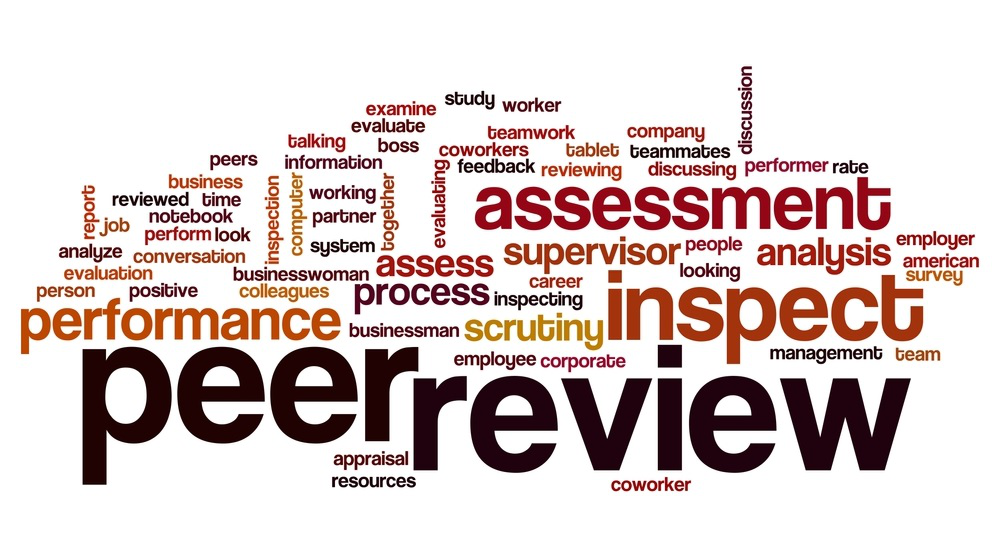Automated Game Localization Quality Assessment Using Deep Learning: A Case Study in Error Pattern Recognition
DOI:
https://doi.org/10.69987/JACS.2024.41003Keywords:
Machine Translation Quality Assessment, Error Pattern Recognition, Deep Learning, Game LocalizationAbstract
This paper presents a novel deep learning approach for automated quality assessment of game localization, focusing on error pattern recognition in English to Turkish translations. The proposed system employs a multi-component neural architecture combining transformer-based models with specialized convolutional layers to address the unique challenges of game content localization. The architecture incorporates adaptive attention mechanisms and hierarchical feature extraction to handle diverse game genres and content types effectively. The system was evaluated using a comprehensive dataset comprising 50 commercial video games, encompassing various content categories including user interface elements, dialogue, narrative text, and tutorial content. Experimental results demonstrate that the proposed approach achieves 92.6% accuracy in error detection, with particularly strong performance in technical error identification (95.6%) and consistency verification (90.1%). The system processes content at 850 words per second, significantly outperforming traditional automated methods while maintaining accuracy levels comparable to human experts. Performance evaluation across different game genres shows robust error pattern recognition capabilities, with detection rates ranging from 90.8% to 93.2%. The research contributes to the field of automated localization quality assessment by introducing specialized evaluation metrics and error classification frameworks that consider both linguistic accuracy and game-specific requirements.












